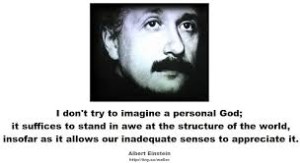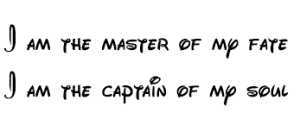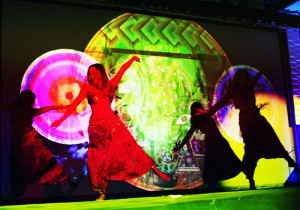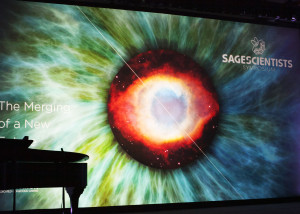By Deepak Chopra
In every religion that believes in a personal God, there’s a connection between the divine and the human. A personal God created life, and he (or she) cherishes his creation. No love is more intense than divine love. No anger is more intense than divine wrath. As relationships go, the one with God poses the most difficulties, for an obvious reason. God is invisible and leaves no evidence about his existence in the physical world.
All religions who demand the worship of a personal God must overcome the same obstacle. There are various ways around it. You can ask people to have faith in God, with the promise that the faithful will meet him one day in heaven. You can depict the sufferings of Hell if faith fails. You can examine the triumphs and tragedies of everyday life and say that God is behind them, expressing approval when things go well and disapproval when things go badly. In short, there are many strategies for keeping a personal God viable. (more…)





